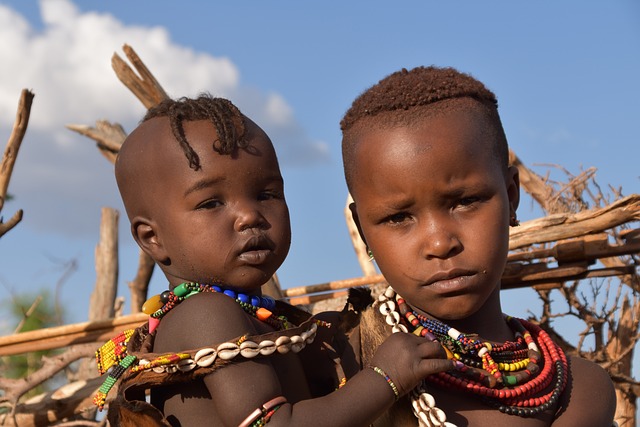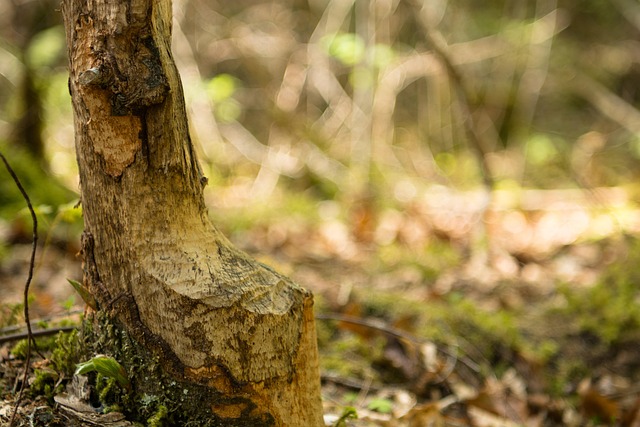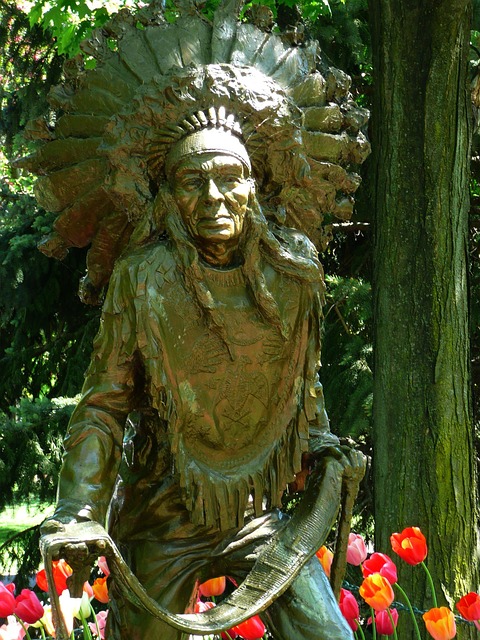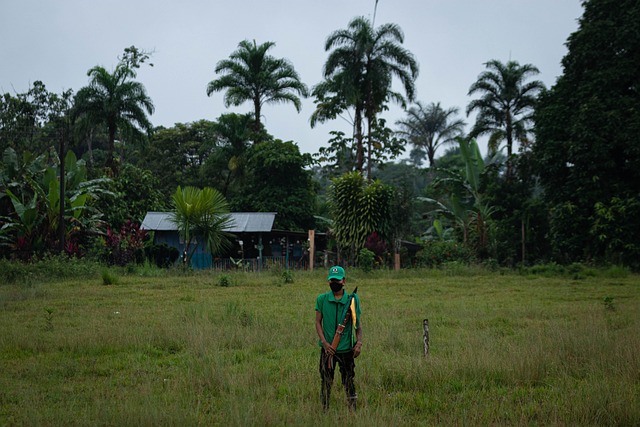Lane County, Oregon, is home to vibrant Indigenous communities, including the Yakama, Umpqua, and Coos tribes, whose rich history and cultural heritage are deeply intertwined with the region's natural resources. These tribes have traditionally practiced sustainable hunting, fishing, gathering, and farming, preserving unique cultural traditions, languages, and knowledge of the local ecosystem. Facing modern challenges like development, they actively protect their land, restore resources, and pass down their ways to future generations through educational programs, cultural events, and community partnerships, ensuring the preservation of Lane County's indigenous tribes' distinctive cultural tapestry.
Lane County, Oregon, is home to a rich cultural heritage with a deep history of indigenous tribes who have long relied on the land for sustenance. This article explores the traditional hunting and gathering practices of Lane County’s indigenous tribes, tracing their historical background and delving into contemporary challenges they face. We highlight preservation efforts aimed at safeguarding their unique cultural legacy, recognizing the importance of these communities in shaping the region’s tapestry.
- Historical Background of Lane County Indigenous Tribes
- Traditional Hunting and Gathering Practices
- Contemporary Challenges and Preservation Efforts
Historical Background of Lane County Indigenous Tribes

Lane County, Oregon, is home to a rich and diverse Indigenous history with numerous tribes that have inhabited and cared for this land for thousands of years. The historical background of these tribes is deeply intertwined with the region’s natural resources, as their traditional practices centered around hunting, fishing, gathering, and farming. Each tribe developed unique cultural traditions and languages, contributing to the intricate tapestry of Native American heritage in the area.
The Indigenous people of Lane County played a pivotal role in shaping the region’s ecology and culture. Their deep knowledge of local plants, animals, and ecosystems allowed them to sustain themselves through sustainable hunting and gathering practices. These tribes had a profound understanding of their environment, which is evident in their ability to preserve and protect natural resources while ensuring their own survival and prosperity.
Traditional Hunting and Gathering Practices

In Lane County, Oregon, the traditional hunting and gathering practices of the region’s indigenous tribes have been deeply ingrained in their culture for centuries. These practices are not just about sustenance; they are sacred rituals that connect the tribes to their land, ancestors, and natural world. The Lane County indigenous tribes, such as the Yakama, Umpqua, and Coos, have historically relied on a wide range of skills and knowledge to thrive in this diverse ecosystem.
Hunting techniques vary across tribes but often involve traps, snares, and bows and arrows, all crafted from locally sourced materials. Gathering includes the collection of plants for food, medicine, and crafting, with an intimate understanding of edible and medicinal flora. These practices are passed down through generations, preserving cultural heritage and ensuring the continuity of traditional knowledge in the face of modern challenges.
Contemporary Challenges and Preservation Efforts

Despite their rich history, Lane County’s indigenous tribes face contemporary challenges in preserving their cultural heritage and traditional ways of life. The rapid development and urbanization within the county have led to the loss of sacred sites, hunting grounds, and gathering areas that are integral to their way of life. This encroachment poses significant threats to the cultural continuity and survival of these tribes, who have inhabited this land for generations.
However, there are ongoing preservation efforts by Lane County indigenous tribes and their allies. These include initiatives to protect and reclaim traditional lands, restore access to natural resources, and pass down knowledge and practices to future generations. Educational programs, cultural events, and community partnerships play a crucial role in raising awareness about the importance of preserving Native American heritage and ensuring that the unique cultural tapestry of Lane County is respected and honored.






